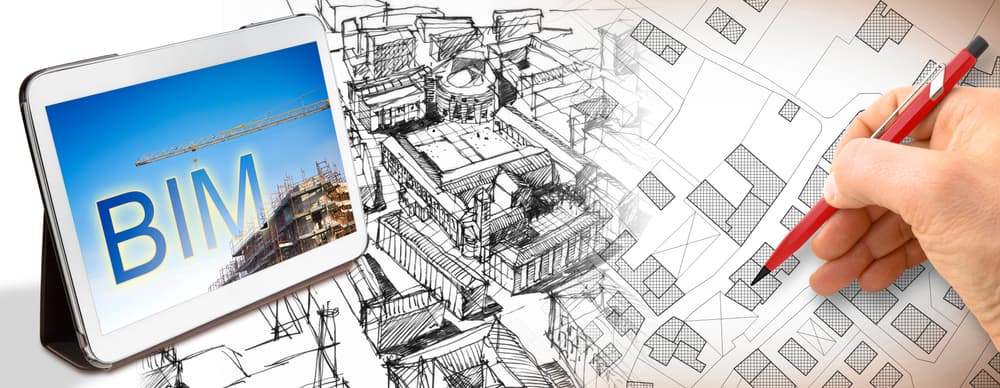The construction industry, traditionally reliant on manual processes and conventional methodologies, is undergoing a significant transformation driven by technological advancements. Innovations such as Building Information Modeling (BIM), drones, and construction management technology are revolutionizing project planning and management.
These technologies enhance efficiency and accuracy and redefine management roles and responsibilities within the industry. Central to this evolution are construction managers, a career that increasingly attracts both men and women. They are pivotal in integrating and leveraging these tools to achieve superior project outcomes.
The Role of Modern Construction Managers
In contemporary construction, the role of construction managers has evolved beyond traditional oversight functions. They are now integral in adopting and implementing construction management technology to streamline operations.
This implementation includes using advanced project management software that offers real-time data analytics that help support better decision-making and resource allocation. By embracing these tools, construction managers can better oversee complex projects, keeping them on time and within budget.
Technology integration is one of the biggest trends in construction management and has led to improved collaboration among everyone involved. Digital platforms enable seamless communication between architects, engineers, contractors, and clients, reducing misunderstandings and errors.
Construction managers are at the forefront of this digital shift, guiding teams through adopting new technologies and ensuring that all members are proficient in their use. This leadership is crucial in fostering a culture that embraces innovation, ultimately leading to more successful project outcomes.
What Is Building Information Modeling?
Building Information Modeling (BIM) is a digital representation of a facility’s physical and functional characteristics. It serves as a shared knowledge resource, providing all stakeholders insights into a building’s lifecycle from inception through operation. BIM enables the creation of detailed 3D models encompassing architectural, structural, mechanical, electrical, and plumbing systems. This allows for comprehensive analysis and simulation before actual construction begins.
The adoption of BIM has transformed traditional design and construction processes, helping to identify and resolve conflicts between different building systems early in the design phase. This improves safety and can significantly reduce costly rework during construction.
BIM also supports better cost estimation and scheduling, as quantities and properties of materials can be extracted directly from the model. Construction managers utilize BIM to enhance coordination among teams, improve accuracy in project planning, and ensure that all design aspects are well-integrated.
How Are Drones Used in Construction Management?
Drones, or unmanned aerial vehicles (UAVs), have emerged as valuable tools in construction management. They are primarily used for site surveying, progress monitoring, and safety inspections. Equipped with high-resolution cameras and sensors, drones quickly capture aerial images and generate accurate topographical maps, aiding in site analysis and planning.
Through drones, construction managers can assess site conditions more efficiently than through traditional methods. During construction, drones provide real-time updates on project progress by capturing aerial footage, which can be shared with stakeholders to keep them informed. This continuous monitoring helps identify potential issues early, allowing for prompt corrective actions. Drones also enhance safety by inspecting hazardous or hard-to-reach areas without exposing workers to risks.
NMU Global Campus’ Online BS in Construction Management
NMU Global Campus recognizes the evolving demands of the construction industry and offers an online Bachelor of Science in Construction Management designed for working professionals. The curriculum is designed to equip students with the skills to integrate modern construction management technology into their practices.
The program emphasizes practical application, allowing students to apply their existing knowledge while gaining new competencies in BIM, project management software, and other emerging technologies. By focusing on real-world scenarios, NMU ensures that graduates are prepared to meet the challenges of modern construction management.
This approach not only enhances individual career prospects but also contributes to the advancement of the industry.
Integrating technology into construction management is reshaping the industry. NMU’s BS in Construction Management prepares professionals to navigate and lead in this challenging but rewarding field.






